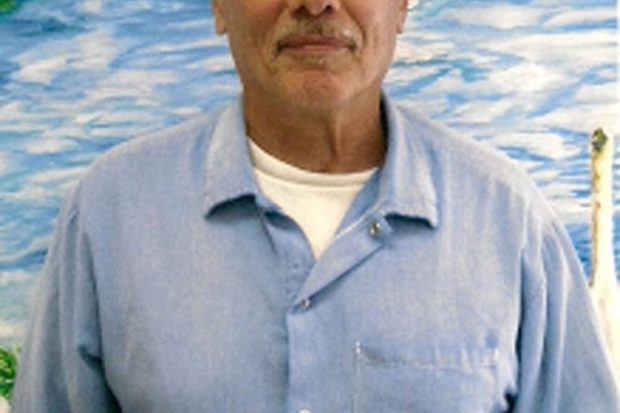
By Bruce Kanter

Can we afford to let wrongful convictions go uncorrected and to continue happening? Society is greatly affected when an innocent citizen is unjustly convicted and imprisoned. The loss is to individuals, families, communities and society in general. How many contributions to our world have been lost because someone has been unjustly locked away? Could cancer have been cured? Could there have been a solution for world peace? What art has not been created? How much good would have the wasted money and resources done to benefit our state and nation?
The California Wrongful Convictions Project has found that 213 innocent Californians spent a collective 1,311 years in state or federal prisons before their convictions were reversed or dismissed since 1989. It cost the taxpayers more than $120 million for incarceration, settlement and compensation.
As the pace of DNA exonerations has grown in recent years, wrongful convictions have revealed disturbing fissures and trends in our criminal justice system. These cases have shown us the criminal justice system in California is broken and how urgently it needs to be fixed.
The numbers do not tell the real cost in human suffering and lost lives. The stories all have the same elements but in different combinations: negligent attorneys, witness misidentifications, lax investigations and a rush to judgment by the members of law enforcement.
Herman Atkins, a resident of Riverside, spent almost 12 years in prison for the rape of a woman during a robbery in 1986 before he was finally released due to results of DNA testing. In 1996, Kevin Baruxes was convicted of a rape in San Diego County and served seven and a half years of a life sentence before he was exonerated. Arvind Balu lost eight years of his life convicted of a gang rape he never committed. He was finally released after the eyewitness testimony was shown to be false.
These men, however, are the “lucky” ones. They finally received justice. How many more men are still serving time in California prisons for wrongful convictions? How much of your taxpayer money is used each year to house and feed these people?
Those who have been exonerated by DNA testing are few compared to the citizens who have been wrongfully convicted in recent decades. For every case that involves DNA evidence, there are thousands that do not. Only a fraction of criminal cases involve biological evidence that can be subjected to DNA testing. Even when such evidence exists, it is often lost or destroyed after the conviction, which greatly reduces any chance of prevailing at or ever winning an appeal. Without it, wrongfully convicted citizens have a slim chance of ever proving their innocence.
I have spent the past 30 years in prison for crimes I did not commit because the evidence in my case was “routinely destroyed.” My negligent trial attorney failed to serve the Los Angeles Police Department with the court order to have the forensic evidence preserved. It might be a good idea for evidence to be “routinely” preserved at least until all appeals have been exhausted. Had it been a practice to preserve evidence, I would be a free man today.
What is even more troubling is that the State Appellate Court refused my request to collect and test the saliva from one of the victims even while knowing my attorney had been negligent, that there was conflicting witness testimony, that no physical evidence implicated me and that the same type of crimes continued at the same locale after I was convicted. Citizens, beware, you or someone you love could be wrongfully accused and jailed for someone else’s crime.
(For more information and to read my court documents, visit www.freebrucekanter.blogspot.com.)
“These tragedies must not be compounded by stubbornness, or arrogance or, worst of all, indifference. The more we can learn about wrongful convictions the better we will be able to prevent them, or failing that, to identify and correct the problem after the fact.”—The Innocence Project
*****
Bruce Kanter is currently incarcerated at Avenal State Prison. He holds a B.A. in English and completed the teaching program at California State University, Los Angeles. He had a stable job, was in a loving relationship with a young woman, had friends and family, and enjoyed life before the fateful day the LAPD knocked on his door.
